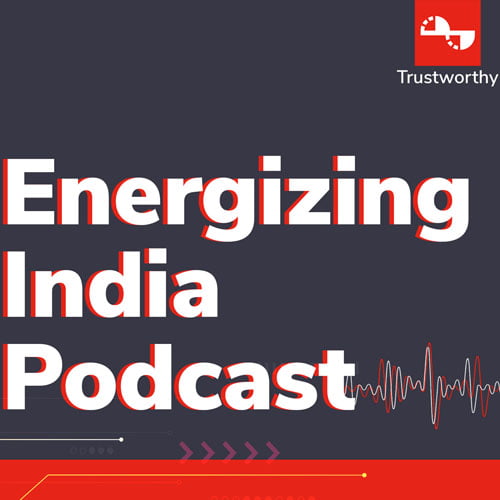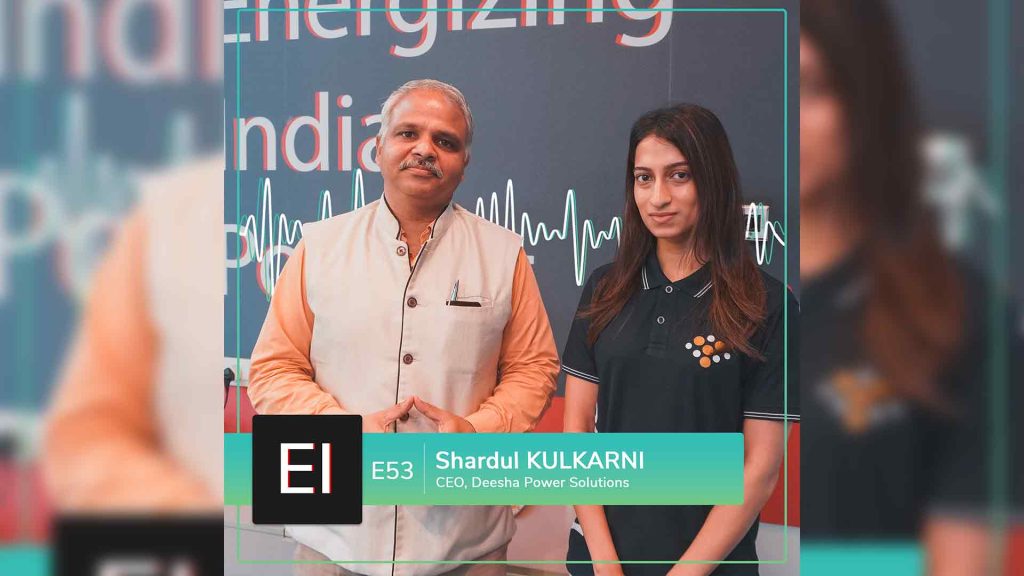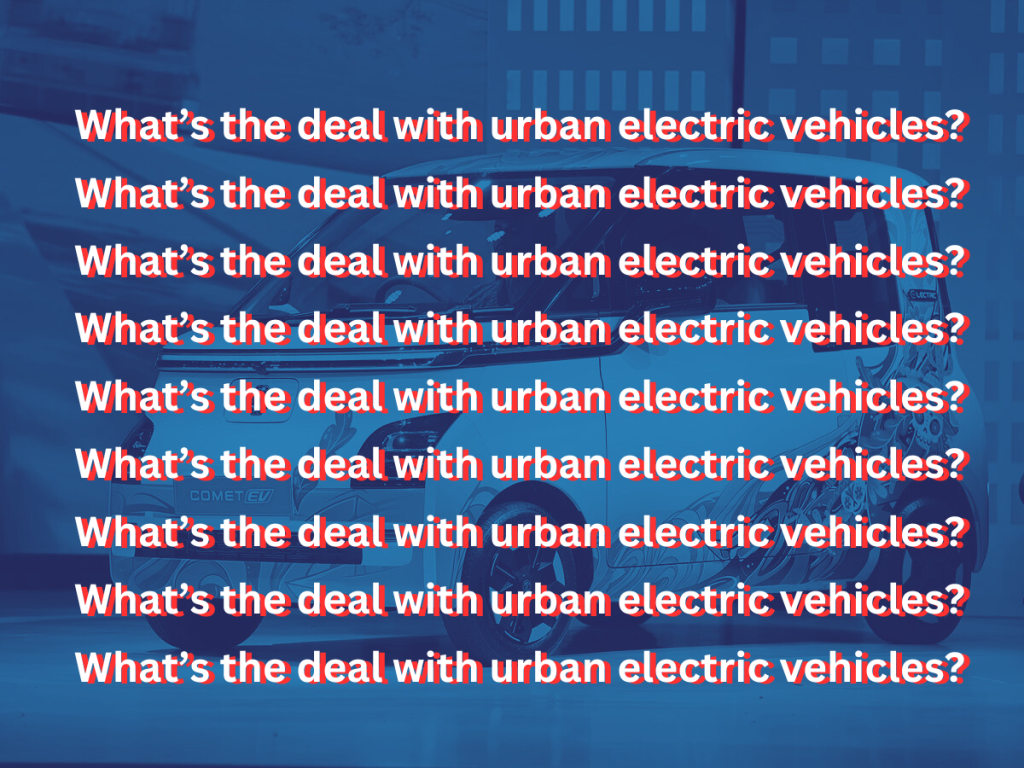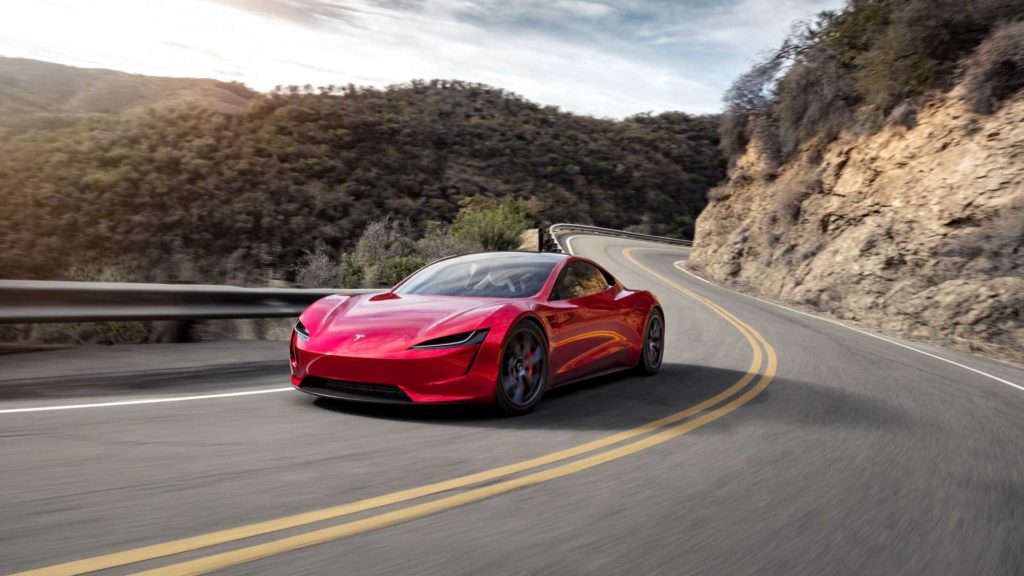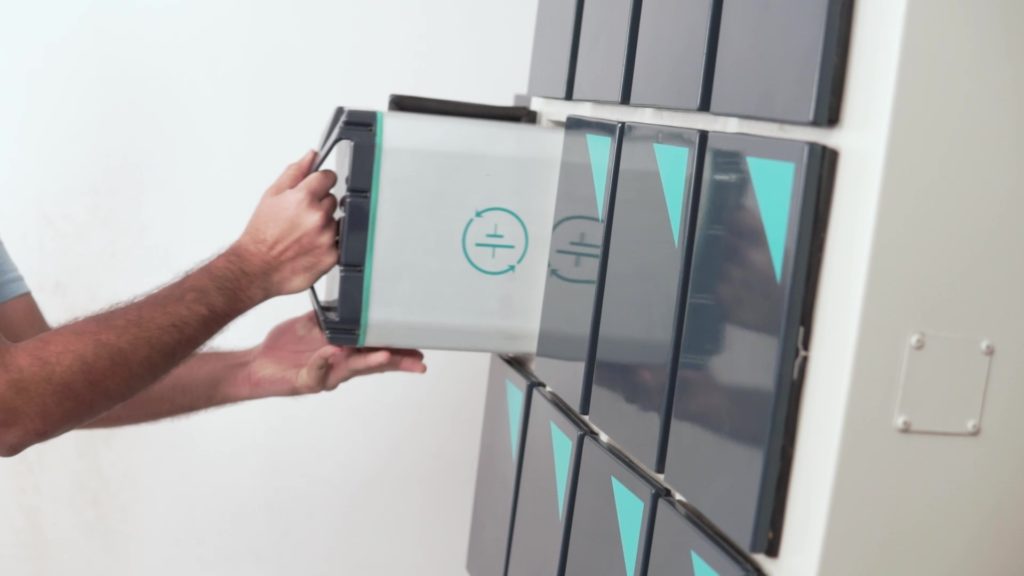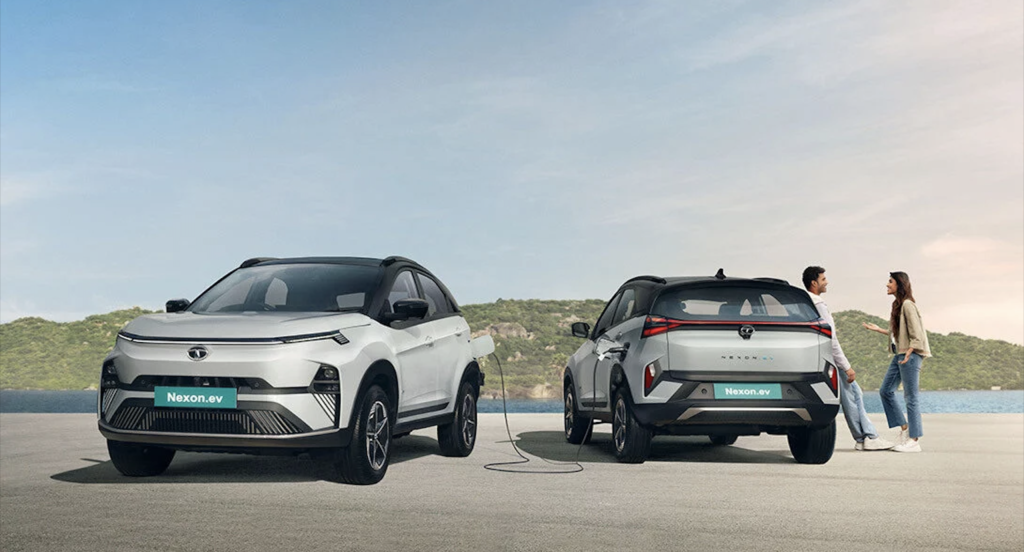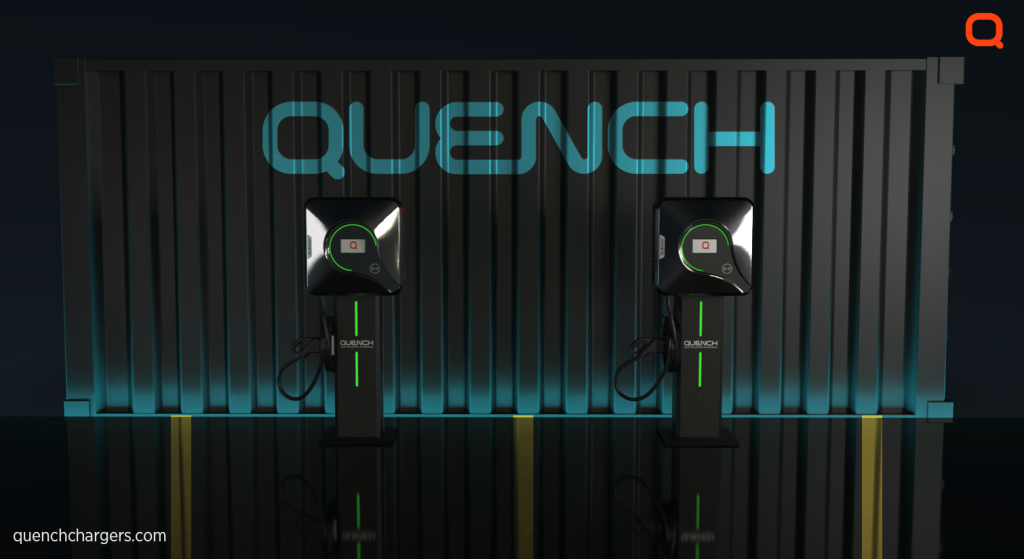Electric Cars in India
Electric cars have become increasingly popular in India as the country looks for ways to reduce air pollution and improve its environmental sustainability.

In recent years, the Indian government has implemented a number of incentives to encourage people to switch to electric vehicles, including tax breaks and subsidies. This is helping to make electric cars more accessible to people, who are increasingly recognizing their benefits over traditional petrol and diesel-powered cars. With the cost of ownership falling and more charging infrastructure being built, the future of electric cars in India looks brighter than ever.
India is quickly becoming one of the top markets for electric cars. The country has ambitious plans to become a fully renewable energy leader, and electric cars are a key part of that plan.
There are currently around 100,000 electric cars in India, and that number is growing rapidly. Companies like Nissan, Hyundai, and Mahindra are all releasing new electric cars in India.
There are a number of different electric cars to choose from in India, and which one is best for you will depend on your needs and budget. Here are some key points to keep in mind when choosing an electric car in India:
- Battery Capacity: The battery capacity of an electric car is the main deciding factor in the overall range of the vehicle. Choose a model with higher battery capacity for longer range and better performance.
- Charging Time: Make sure to look at how long it takes to charge your electric car fully, as this directly affects the convenience and usability of your vehicle.
- Charging Infrastructure: Ensure that there are plenty of charging points available in your area, or else you may have difficulty charging your car when you're out and about.
- Vehicle Performance: Electric cars offer great performance compared to their petrol counterparts, so make sure to consider this when choosing an electric car.
- Maintenance Costs: Electric cars require less maintenance than petrol cars
Electric cars in India are becoming increasingly popular due to their many advantages, including lower running costs and zero emissions. However, before investing in an electric car, there are some key points that should be kept in mind. Firstly, research different models and compare prices to ensure that you are getting the best deal. Secondly, consider the range of the vehicle and make sure that it meets your needs. Thirdly, check the availability of charging stations in your area, as this will determine how far you can travel with your electric car. Finally, make sure that the car is covered by a warranty in case of any technical issues. By keeping these points in mind, you can make an informed decision when choosing an electric car in India.

How many electric cars are in India?
There are currently around 100,000 electric cars in India. This number is expected to grow rapidly in the coming years.
India is poised to be a leader in the electric vehicle market as the nation is making significant investments in the electrification of its transportation system. In 2019, the Indian government announced its goal of achieving total electrification of all cars sold in India by 2030. This ambitious target has been met with enthusiasm by several major automakers, who are investing heavily in the research and development of electric models compatible with Indian roads and driving conditions. As a result, electric car sales are steadily increasing within India, and are expected to continue to rise as technological advancements make electric vehicles more affordable and accessible.

Which electric car is best in India?
There is no one electric car that is best in India. Each car has its own strengths and weaknesses. It's important to research each car carefully before making a purchase.
With the electric car market in India rapidly growing, there are a variety of models to choose from, each with their own unique benefits and drawbacks. While one car might have a longer range than another, it might not have the same level of comfort or convenience. Similarly, some cars might be cheaper to purchase but more expensive to maintain. As such, there is no one electric car that can be definitively called the "best" as each person's needs and preferences will vary. When deciding on which car to buy, it is important to research the various models and their features in order to make an informed decision.
Before making the decision to invest in an electric car, it is important for potential buyers in India to do their due diligence. Researching each car carefully can help to ensure that drivers get the most bang for their buck, with a car that is both reliable and efficient. Taking the time to compare features and prices between cars can also help drivers make an informed decision when it comes to selecting the right electric car for their needs.
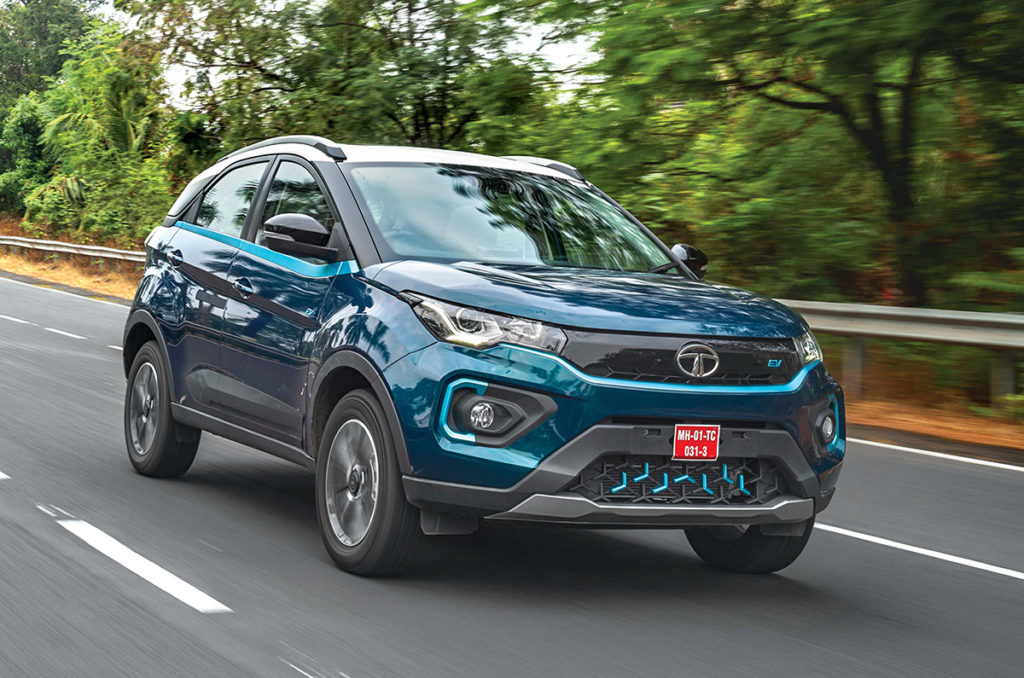
Which is the cheapest electric car in India?
The cheapest electric car available in India is the Tata Nexon EV, it is the most affordable electric car available in India, starting at just Rs 13.99 lakh approx. It has a range of 312 km on a single charge, making it an ideal choice for commuters looking for an eco-friendly option. It is also equipped with a 30.2 kWh battery with fast-charging capabilities and a host of advanced features such as voice command, connected car technology and more. The car also features a powerful battery and motor, along with other state-of-the-art features that make it a great value for money. With its affordable price tag, the Tata Nexon EV is sure to be a popular choice among buyers looking for an electric car in India.
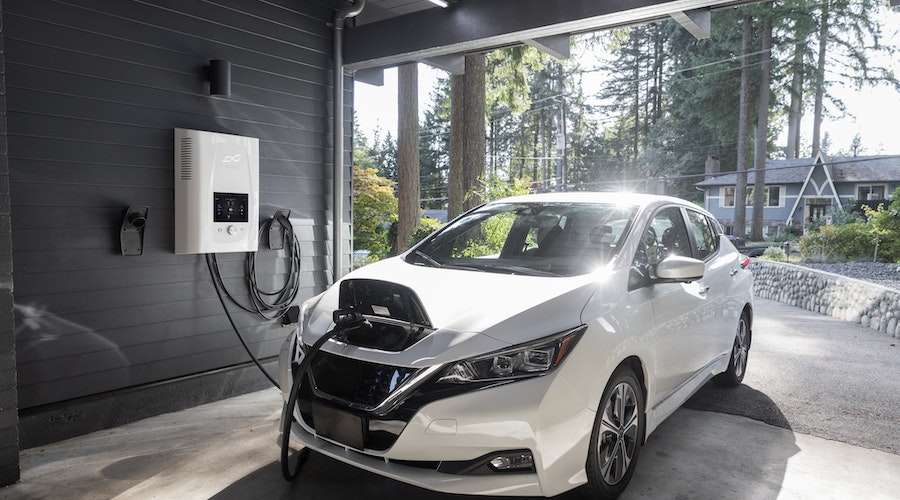
How to charge electric car in India?
There are a number of different ways to charge electric cars in India. You can charge them at home using a standard wall charger, or you can take them to a charging station available at many public places.
Charging an electric car in India is becoming easier with more charging infrastructure being built across the country. With the government's commitment to increasing electric vehicle adoption, public charging stations are being established in a number of cities, making it simpler for drivers to find a charging spot. Additionally, many private companies are also investing in setting up charging points, helping to further improve access to electric car charging. With more and more charging options being made available, electric car owners in India can rest assured that they can easily keep their cars powered up and ready to go.

Can we charge electric car at home in India?
Yes, you can charge electric cars at home in India. However, you will need to invest in a suitable charging station.
In India, the availability of charging infrastructure for electric vehicles is still in its early stages. However, with the Indian government's commitment to phasing out fossil fuel-run cars by 2030, the demand for electric vehicles is steadily increasing. As a result, more and more people are looking into the possibility of charging electric cars at home. While this is not yet a widespread practice in India, there are a few companies that have started to offer home charging solutions for electric vehicles. These solutions can provide convenience and cost savings for those who own electric cars, but there are still some challenges that need to be addressed before this becomes a viable option for many Indian drivers.
The electric vehicle market in India has grown significantly in recent years, and now offers a range of options for prospective buyers. Among these is the Tata Nexon EV, which is widely regarded as one of the best electric vehicles on the market. The Nexon EV offers a powerful motor that can reach speeds of up to 120 km/h, and a range of up to 312 km on a single charge. It also offers a variety of features such as cruise control, reverse parking camera, and an advanced connected car technology platform. With its combination of performance, convenience, and technology, the Tata Nexon EV is an excellent choice for anyone looking for an electric vehicle in India.
The cheapest electric vehicle (EV) in India is the Tata Nexon EV, which starts at ₹13.99 lakhs (ex-showroom, Delhi). This 5-seater SUV offers a range of 312 km on a single charge and a top speed of 120 km per hour. It is powered by a 30.2 kWh lithium-ion battery and an IP67 certified liquid-cooled motor. The Tata Nexon EV is equipped with several features such as automatic climate control, 6 airbags, and 5 drive modes. It also has a 5-year/1.6 lakh km warranty, making it an attractive option for those looking for an affordable electric vehicle in India.
The electric car market in India is becoming increasingly popular, with more and more models offering higher mileage than ever before. The Mahindra e2o Plus, launched in 2017, offers an impressive range of up to 140 km on a single charge. This makes it one of the most efficient electric cars currently available in India, giving it the highest mileage of any electric car on the market. With a wide range of features and an impressive range, the Mahindra e2o Plus is an ideal choice for those looking to make a switch to an electric vehicle.
The lifespan of an electric car in India depends on several factors, such as how often it is charged, the quality of the battery, and the driving habits of its owner. Generally, electric cars in India are expected to last between five and fifteen years, depending on how they are maintained. Regular servicing and routine battery maintenance will help to extend an electric car’s lifespan. Additionally, driving habits that involve using low gear ratios will help to reduce strain on the battery and further prolong its life.
Electric cars are becoming increasingly popular in India, but there has been some debate as to whether they are suitable for long distance travel. While electric cars have a limited range on a single charge, this can be overcome with the use of fast charging systems that allow drivers to quickly recharge their cars while on the road. Additionally, electric cars offer lower running costs than petrol or diesel vehicles, meaning that long distance travel could be more cost effective. Ultimately, it depends on the individual driver’s needs and preferences, but electric cars can certainly be a viable option for long distance travel.
Electric cars come with certain disadvantages, most notably the fact that they require a significant upfront investment. Additionally, electric cars are limited in range, meaning that drivers must be conscious of their distance from a charging station. They are also more expensive to maintain compared to gasoline-fueled cars due to the need for more frequent battery replacements. Furthermore, electric vehicles may not be able to handle extreme weather conditions as well as their gasoline-fueled counterparts and may need to be recharged more frequently in colder climates.
Electric cars are becoming increasingly popular in India, as the country looks for alternative energy sources to reduce its carbon footprint. One of the main questions that many people have about electric cars is whether they can charge while driving. While this is technically possible, it would require an extensive infrastructure of charging stations that would be difficult to implement in any large city. Currently, drivers of electric cars in India must rely on charging their vehicles while parked at home or at public charging stations.
EV - Educate
How can we help you?
Contact us for more information about Electric vehicle and its relevant subjects.

EP 54 | Decoding the Future of Urban Electric Mobility | Gensol EV | Pratik Gupta
India’s population is projected to surpass China’s in both overall numbers and population density in the coming years. This growth is particularly concentrated in urban

EP 53 | Industrial Decarbonisation with Green Hydrogen | Shardul Kulkarni
In his Independence Day address, Prime Minister Narendra Modi reaffirmed the government’s commitment to establishing India as a global leader in green hydrogen through the

EP 52 | Empowering Sustainable Last Mile Deliveries | Uday Narang
The Indian EV and energy transition sector has been in flux for the last three years. If you looked at it just three years ago,

EP 51 | Revolutionizing India’s Buses: A Startup’s Electric Impact | Sudhir Mehta | EKA & Pinnacle Industries
India has 326 million registered vehicles on the road in 2024. Seventy-five percent of these are two-wheelers, including scooters and motorcycles, down from 80% just
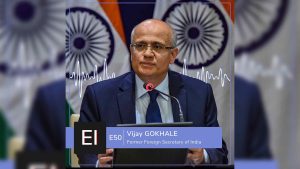
EP 50 | Unwrapping geopolitics with Vijay GOKHALE
In this episode, Vijay Gokhale, former Indian Foreign Secretary, delves into the complexities of global energy transitions and geopolitics. He discusses China’s rapid technological advancements,

EP 49 | EV Charger OEMs – 3 different journeys | Tirex Chargers | Siemens | Quench
In this episode, we talk to some of the biggest EV Charger OEMs in India, discussing the various challenges in the EV charging space and








